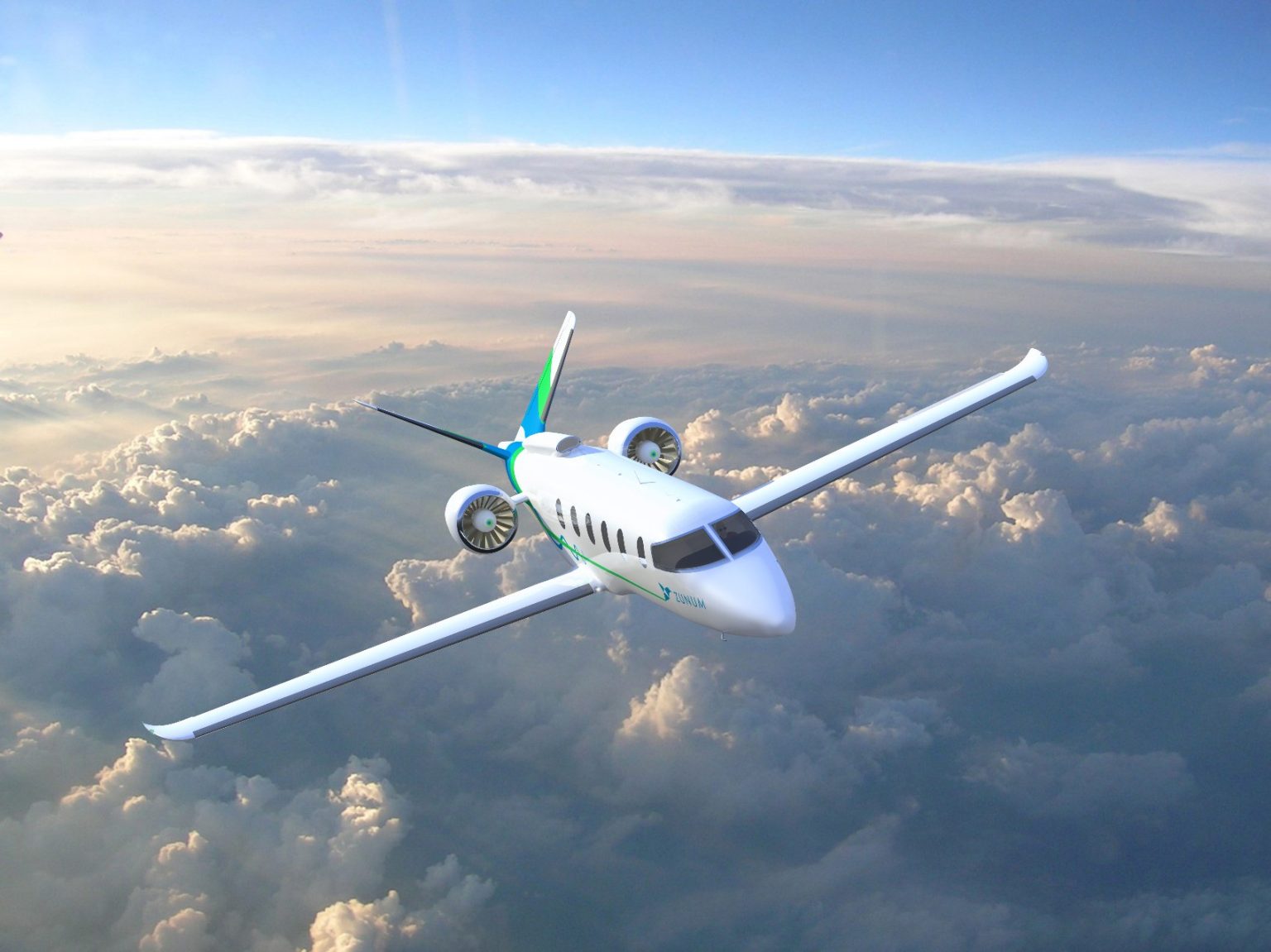In a recent legal battle between aerospace giant Boeing and Seattle-area aviation startup Zunum Aero, a federal judge in Seattle sided with Boeing and overturned a jury verdict that would have required Boeing to pay $72 million to Zunum Aero. Boeing expressed gratitude for the court’s consideration of the evidence, while Zunum Aero expressed disappointment and announced plans to appeal the decision. The disagreement stems from a partnership between the two companies in 2017, where Boeing made $9 million in loans to support Zunum Aero’s goal of developing hybrid electric airplanes to revolutionize regional air transport. However, the startup was unable to gain traction and ceased operations in 2019.
Zunum Aero alleged that Boeing misappropriated its trade secrets and interfered with its ability to secure investment from other aerospace companies, such as Safran. Following an eight-day trial in May, a jury backed most of Zunum’s claims, but post-trial challenges from Boeing led District Judge James Robart to review the case. In his ruling, Judge Robart agreed with Boeing’s challenges, stating that Zunum did not provide enough evidence to prove that the information shared with Boeing constituted trade secrets. The judge also sided with Boeing on the lack of evidence that Zunum had a valid business expectancy with Safran or that any interference from Boeing caused harm to Zunum.
The judge’s ruling relied on a high standard for overturning a jury verdict, stating that the evidence must lead to only one reasonable conclusion contrary to that of the jury. Ultimately, Judge Robart determined that Boeing’s challenges met this standard, leading to the decision in Boeing’s favor. As a result, Zunum is still obligated to repay Boeing the original $9 million in loans, plus interest as ordered in May. The legal battle represents a setback for Zunum Aero in its efforts to establish itself as a leader in hybrid electric aircraft technology and bring innovation to the regional air transport industry.
Despite the ruling against Zunum Aero, the company remains committed to its mission and plans to appeal the court’s decision. Zunum’s ambition to develop hybrid electric airplanes that could transform the aviation industry indicates a strong desire to push the boundaries of traditional aircraft technology. The legal dispute with Boeing underscores the challenges faced by startups in navigating complex partnerships with established industry players and highlights the importance of protecting intellectual property and trade secrets.
The outcome of the legal battle between Boeing and Zunum Aero has broader implications for the future of aviation technology and the development of hybrid electric airplanes. The disagreement between the two companies reflects larger issues around competition, innovation, and intellectual property rights in the aerospace industry. Moving forward, the appeal process will offer Zunum Aero another opportunity to present its case and seek justice for what it believes to be unfair treatment by Boeing. The ongoing legal proceedings will continue to shed light on the complexities of business relationships in the aviation sector and the challenges faced by startups in bringing disruptive technologies to market.


